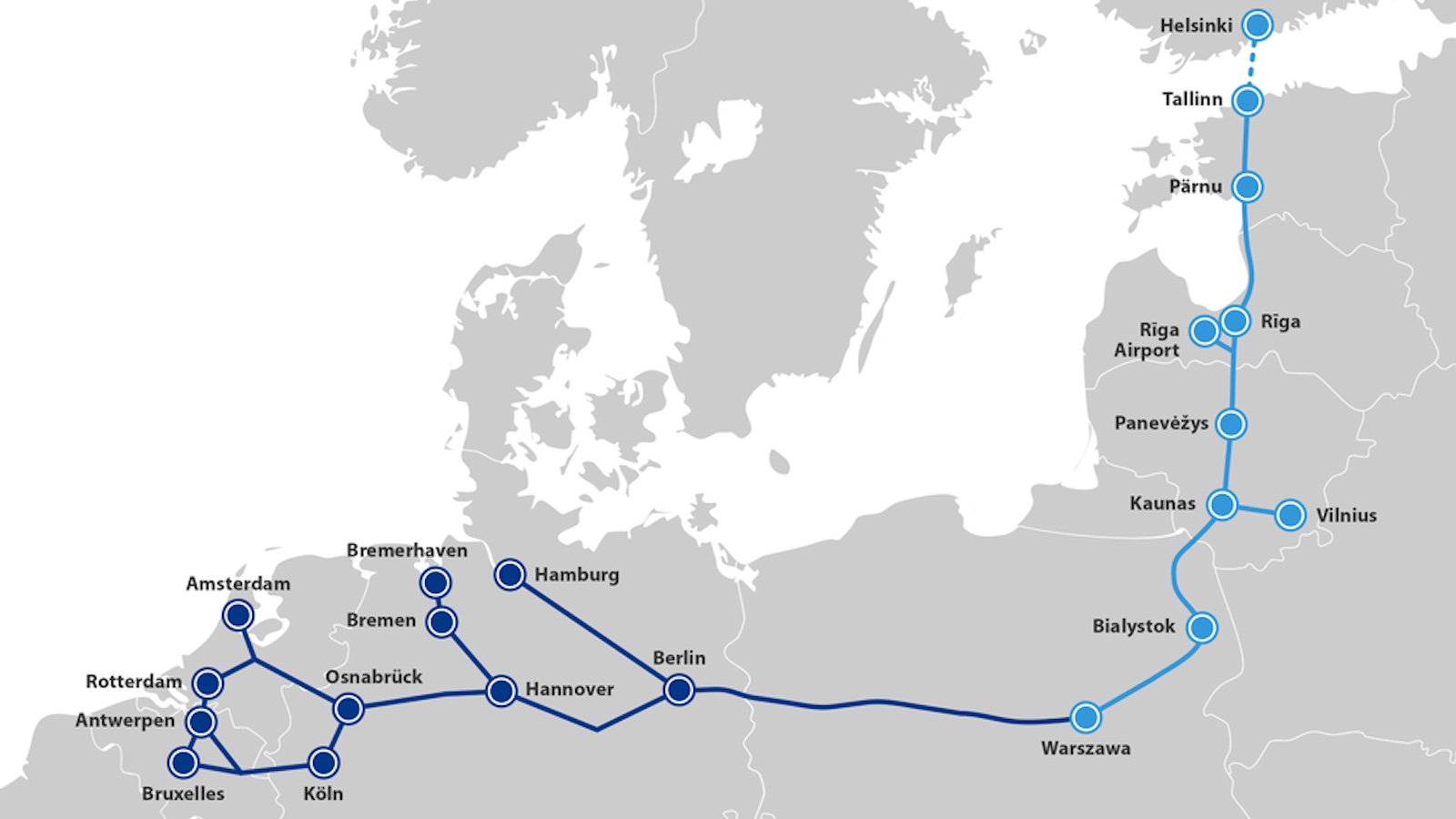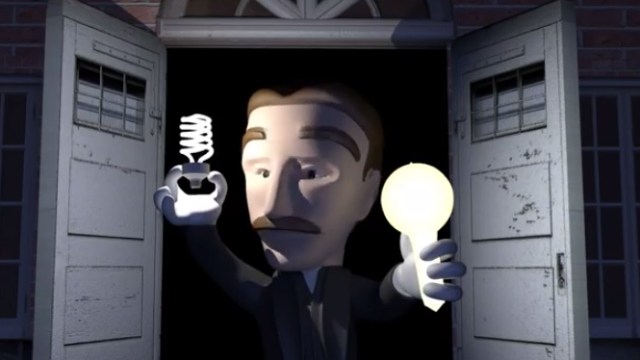Rethinking Disability: Ability is the Tyranny of the Majority

A lot of the time the things that we seek to affect have to do with our own biases. So if we look at the movement to treat or cure gay people and make them not gay, the impetus for doing that comes from homophobia. It comes from gay people and the inability of a larger society to accept them.
We’ve now made more social progress and there’s more acceptance for gay people. It seems to me that if we could strip away all of our biases then we can see clearly what is the inherent difficulty in a condition. If you have a severely disabling condition does it cause you terrible pain in your lower back? Does it cause you not to be able to think clearly in the way you want to?
What are the things in this condition that are getting in the way of your having a pleasurable and enjoyable life? And then what are the things that we as a society have introduced? Ability is merely a tyranny of the majority. If everybody could fly the inability to fly would become a disability. And so if you see someone who’s disabled and say, “Well, of course he’s disabled. He can’t even go up a flight of stairs.” You have to say, “Well, why don’t we have ramps.” And then his inability to go up a flight of stairs wouldn’t be such a problem.
I went to a village in Northern Bali in which there is a congenital form of deafness that at any point in time affects only a low percentage of the villagers. But because it’s a recessive gene it can come out anywhere. Everyone in the village speaks a form of sign language which is known only in that village. And it meant that for the people who were deaf, deafness wasn’t so much of a disability because everyone could still communicate fluently and fluidly. So while it was on the one hand an impoverished experience in a poor village, it was on the other hand almost an Italy in which deafness was no longer a disability.
So the question is, what are the ways in which we can create a society that’s more tolerant so there are fewer and fewer things that will be disabilities and so that we can address solving the problems that really need to be solved because they carry inherent pain and not solving problems which are actually problems of social perception?
In Their Own Words is recorded in Big Think’s studio.
Image courtesy of Shutterstock





